
By Wes Howard-Brook and Sue Ferguson Johnson, a re-post from April 2019
In the fifteenth year of the reign of Emperor Tiberius, when Pontius Pilate was governor of Judea, and Herod was ruler of Galilee, and his brother Philip ruler of the region of Ituraea and Trachonitis, and Lysanias ruler of Abilene, 2 during the high priesthood of Annas and Caiaphas, the word of God came to John son of Zechariah in the wilderness. (Luke 3.1-2)
Do you think that I have come to bring peace to the earth? No, I tell you, but rather division! (Luke 12.51)
As he was now approaching the path down from the Mount of Olives, the whole multitude of the disciples began to praise God joyfully with a loud voice for all the deeds of power that they had seen, 38 saying,
“Blessed is the king
who comes in the name of the Lord!
Peace in heaven,
and glory in the highest heaven! (Luke 19.37-38)
In imagining ways to hear Scripture from the lens of “wild lectionary,” we tend to jump to details of life on earth: water, trees, animals, mountains. This focus on earth is challenged by this week’s passage from Luke, as Jesus and his disciples enter Jerusalem for what we’ve come to call “Holy Week.” For Luke tells us that “the whole multitude of disciples” proclaimed as Jesus came down the Mount of Olives, not “peace on earth,” but “peace in heaven.” What can they be thinking? What is the relationship between heaven and earth when it comes to making peace? Continue reading “Wild Lectionary: No Peace in Heaven, No Peace on Earth”

 By Wes Howard-Brook & Sue Ferguson Johnson, a commentary on this weekend’s Gospel text, re-posted from November 2016
By Wes Howard-Brook & Sue Ferguson Johnson, a commentary on this weekend’s Gospel text, re-posted from November 2016 By Wes Howard-Brook & Sue Ferguson Johnson, a commentary on this weekend’s Gospel text, re-posted from September 1, 2016
By Wes Howard-Brook & Sue Ferguson Johnson, a commentary on this weekend’s Gospel text, re-posted from September 1, 2016
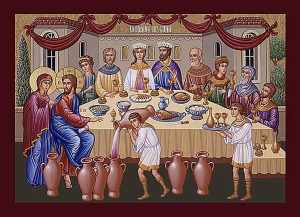 By Wes Howard-Brook and Sue Ferguson Johnson, commentary on John 2:1-11, re-posted from January 2016
By Wes Howard-Brook and Sue Ferguson Johnson, commentary on John 2:1-11, re-posted from January 2016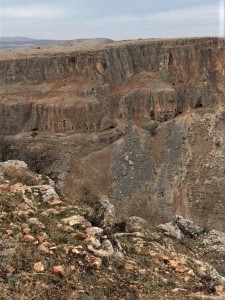
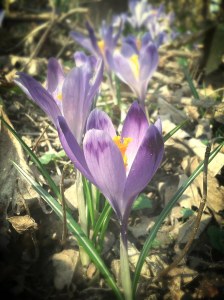
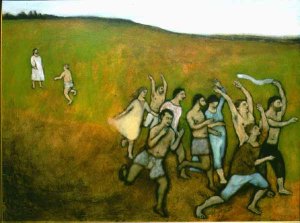 By Wes Howard-Brook and Sue Ferguson Johnson
By Wes Howard-Brook and Sue Ferguson Johnson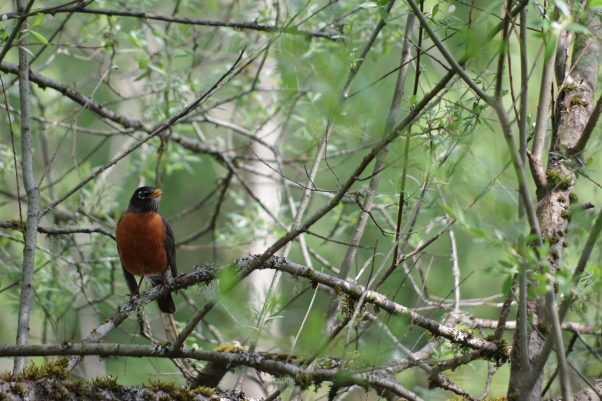
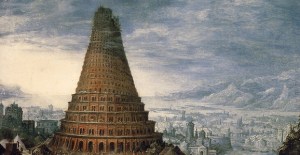 By Wes Howard-Brook & Sue Ferguson Johnson (on Luke 14:25-33)
By Wes Howard-Brook & Sue Ferguson Johnson (on Luke 14:25-33)